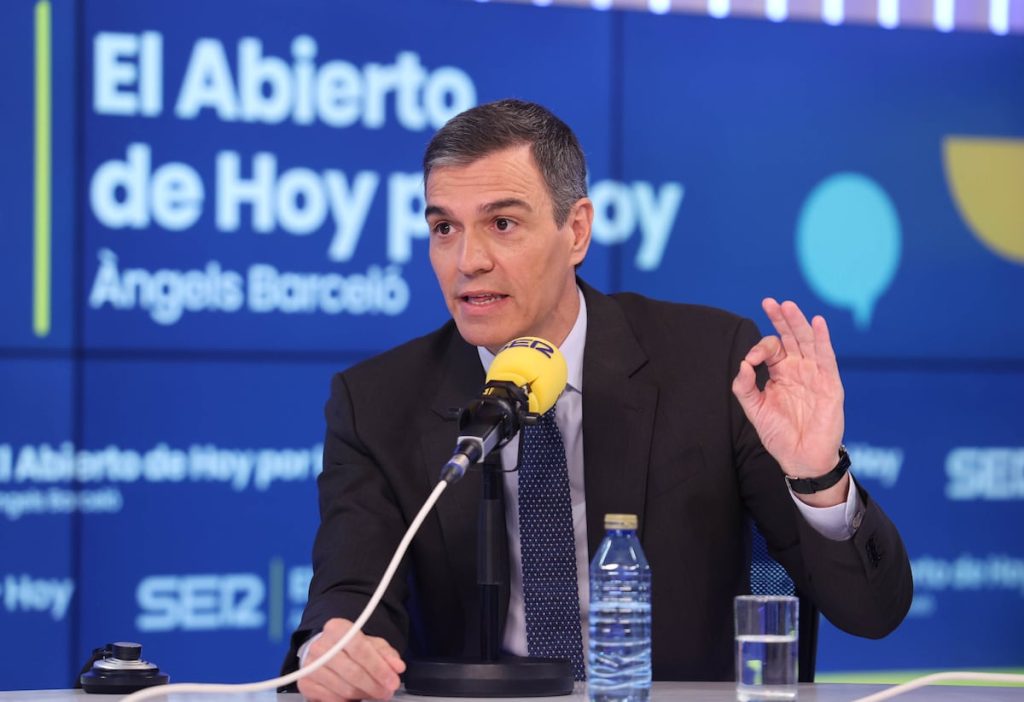In the past five days, the Spanish Socialist Party (PSOE) has been in the spotlight for its internal debates and displays of support for its leader Pedro Sánchez. The fervor shown towards Sánchez during the party’s federal committee meeting raised questions about the succession debate within the party. Despite the internal turmoil, the party, with almost 150 years of history, seeks to maintain its vigor by engaging in these discussions. The importance of fostering debate within a party is highlighted as a way to ensure its longevity and adaptability.
The recent events in the PSOE have drawn attention to the challenges faced by new political parties, such as Podemos and Ciudadanos, in surviving the departure of their charismatic leaders. The upcoming test for Sumar, led by Yolanda Díaz, will be to demonstrate its ability to endure beyond its current leadership. While charisma plays a significant role in modern politics, the sustainability of a party is often linked to its underlying ideological and organizational framework. The ability to transition power and engage in internal debates is essential for the long-term success of any political party.
During a recent interview, Sánchez hinted at the possibility of running for re-election, despite facing criticism within his party. The image of the PSOE in disarray following the recent events prompted questions about the need for renewal and alternative leadership within the party. Sánchez expressed his willingness to lead a discussion on regeneration, encompassing both political and social aspects. His focus on justice and the media suggests a broader agenda that may involve new regulations or changes within the party’s leadership structure.
Sánchez’s call for a debate on regeneration reflects his desire to address not only political issues but also social and cultural challenges facing Spain. By emphasizing the need for new leadership perspectives and diverse voices within the party, Sánchez aims to navigate the internal tensions and uncertainties that have emerged in recent days. As he prepares for the next three years and beyond, Sánchez seeks to engage in a dialogue that goes beyond traditional political debates and encompasses a broader vision for the future of the party.
The recent events within the PSOE have sparked interest and curiosity both within Spain and internationally. The party’s ability to navigate internal tensions and maintain its relevance in a rapidly changing political landscape will be crucial for its continued success. By embracing debate and engaging in discussions about renewal and regeneration, the PSOE under Sánchez’s leadership may be able to redefine its role and position within Spanish politics. As the party looks to the future, the upcoming challenges and opportunities will test its resilience and adaptability in the face of evolving political dynamics.


